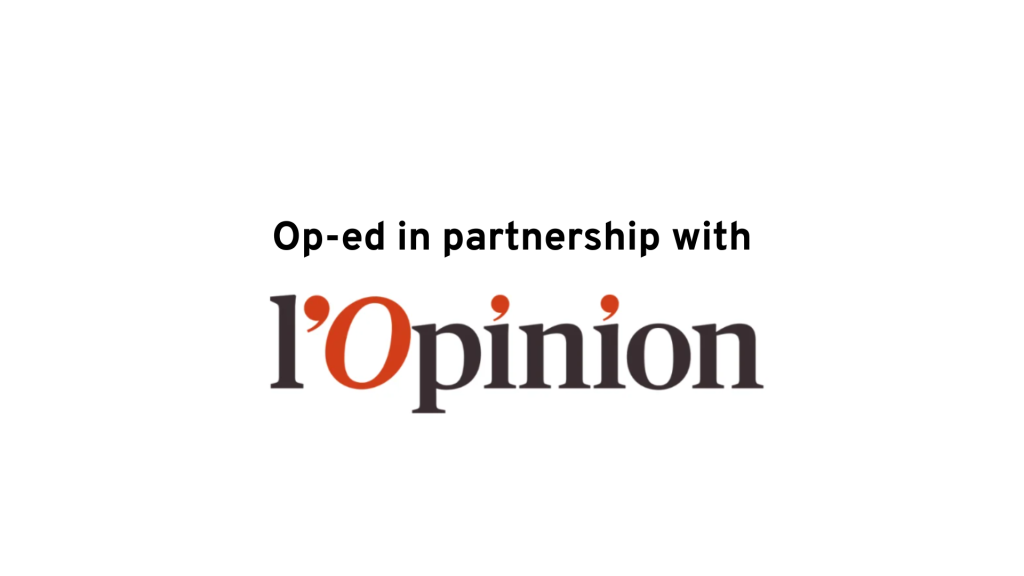Barnier and the EU: Sisyphus or Hercules?

From the very beginning of his premiership, Michel Barnier has been confronted with the European paradox that is likely to follow him throughout his term of office: on the one hand, his appointment has been welcomed across the continent by many prominent figures, including the Eurosceptic Hungarian Prime Minister Viktor Orbán; but on the other hand, his European agenda looks set to be as busy as it is challenging.
What are his immediate institutional priorities in Europe? These are in addition to the formidable task of forming his government.
Proposing Thierry Breton as French European Commissioner is not as easy as it seems, given his track record: he cannot fulfil the parity objective announced by President Von der Leyen and is perceived as a rival by her, especially if France requests a ‘promotion’ to Vice-President of the European Commission. Presenting the medium-term national budgetary and structural plan to the Commission has been made so delicate by the triggering of the excessive deficit procedure concerning France that the Prime Minister is already asking for an extension of the initial deadline of 20 September. And making France’s voice heard in Europe has become much more difficult for the Prime Minister: in the European Parliament, Michel Barnier can only count on 13 Renaissance MEPs and 5 Les Républicains MEPs against the 30 MEPs from the National Rally. Furthermore, all of France’s European partners are aware of the fragility of the Prime Minister’s position in government and parliament, and that of his future government, which is exacerbating the country’s budgetary situation. Finally, the ambiguity of the domestic political situation – neither cohabitation nor coalition – makes the Prime Minister’s role in Europe uncertain. In the event of ‘hard’ or ‘open’ cohabitation, it is the Prime Minister who has the power to commit France to Europe. But in the present case, the President of the Republic will continue to make European action his political trademark, leaving little room for his Prime Minister, who is not a member of the presidential party… a veritable Nessus’ shirt.
Under these conditions, even a political Hercules would find it difficult to carry out his work. This is because external constraints are compounded by internal ones: the Prime Minister’s pro-European profile may not sit well with a National Assembly that is more Euro-sceptical, on both the right and the left. As for the excessive deficit procedure, it will overshadow the drafting of the 2025 Finance Bill, on which the government team will undoubtedly stake its survival.
However, Michel Barnier has plenty of assets at his disposal to steer France through the troubled waters of the Hungarian Presidency in the very short term. His original political party can successfully claim a clear electoral victory at European level: with 188 seats, or 26% of MEPs, and the presidency of the European Commission, it is the dominant political force in Europe. His long experience in European politics will also enable him to exert influence in Brussels, even if his institutional role in Europe is curtailed by the President of the Republic. And his serious negotiating experience, both in relation to Brexit and within the College, will undoubtedly enable him to stand out from the highly disruptive styles of both Emmanuel Macron and Viktor Orbán.
In short, if Hercules wants to avoid turning into Sisyphus, he will have to tirelessly, like the Greek hero, face adversity by finding allies in every trial. In Paris as well as in Brussels and Strasbourg.




